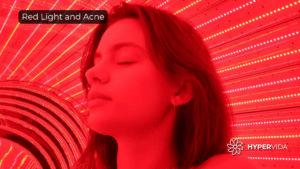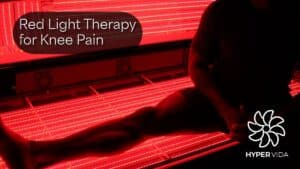Oxygen Therapy and Emotional Wellness
Anxiety affects millions of people, and while traditional therapies such as counseling and medication provide relief for many, some individuals seek complementary or non-pharmaceutical options. Recent animal research suggests that hyperbaric oxygen therapy (HBOT), which is already known for its physical healing benefits, may also influence anxiety-related behaviors and social interactions.
The Study at a Glance
To investigate the effects of HBOT on anxiety and social behavior, researchers used Fmr1 knockout mice, which model Fragile X syndrome – a condition often associated with anxiety and social difficulties. Mice underwent tests measuring movement, anxiety-related behavior, and sociability after HBOT exposure.
Key findings included:
- Reduced anxiety-related behaviors: In the elevated plus maze test, HBOT-treated mice showed more activity in open arms (typically avoided due to fear) and less in closed arms, suggesting reduced anxiety.
- Improved social behaviors: In sociability tests, HBOT mice interacted more frequently with both familiar and unfamiliar mice, suggesting decreased social anxiety and enhanced social interest.
- Behavioral changes in exploration: While HBOT mice preferred the periphery of open spaces in some tests, their overall reduced anxiety-like responses were consistent across assessments.
Why This Matters
Although these results come from animal studies, they raise the possibility that hyperbaric oxygen therapy reduces anxiety by influencing brain pathways tied to both mood and social behavior. For individuals interested in alternative therapies for anxiety, this early research points to HBOT as a potential area for further study.
However, it is important to note that these findings are preliminary. More human clinical research is needed before HBOT can be recommended as a standard treatment for anxiety or Fragile X syndrome.
Looking Ahead in Anxiety Care
As interest in complementary and non-pharmaceutical mental health treatments continues to grow, studies like this highlight the need for continued exploration into how therapies such as HBOT may support stress reduction, emotional wellness, and social behaviors. For now, the evidence offers a promising foundation for future research that could one day expand options for anxiety care.
Check out the PubMed Article here: https://pubmed.ncbi.nlm.nih.gov/32067828/







